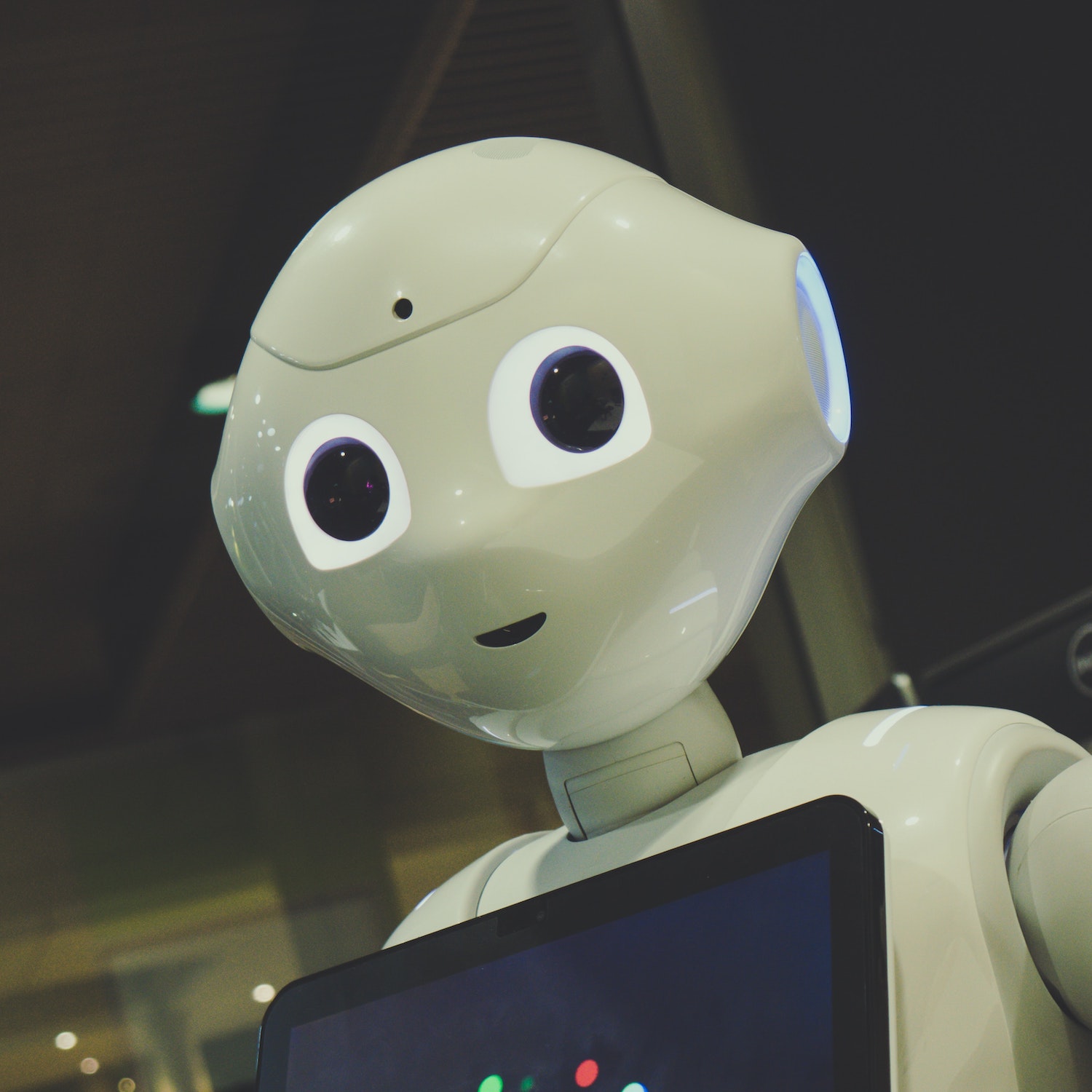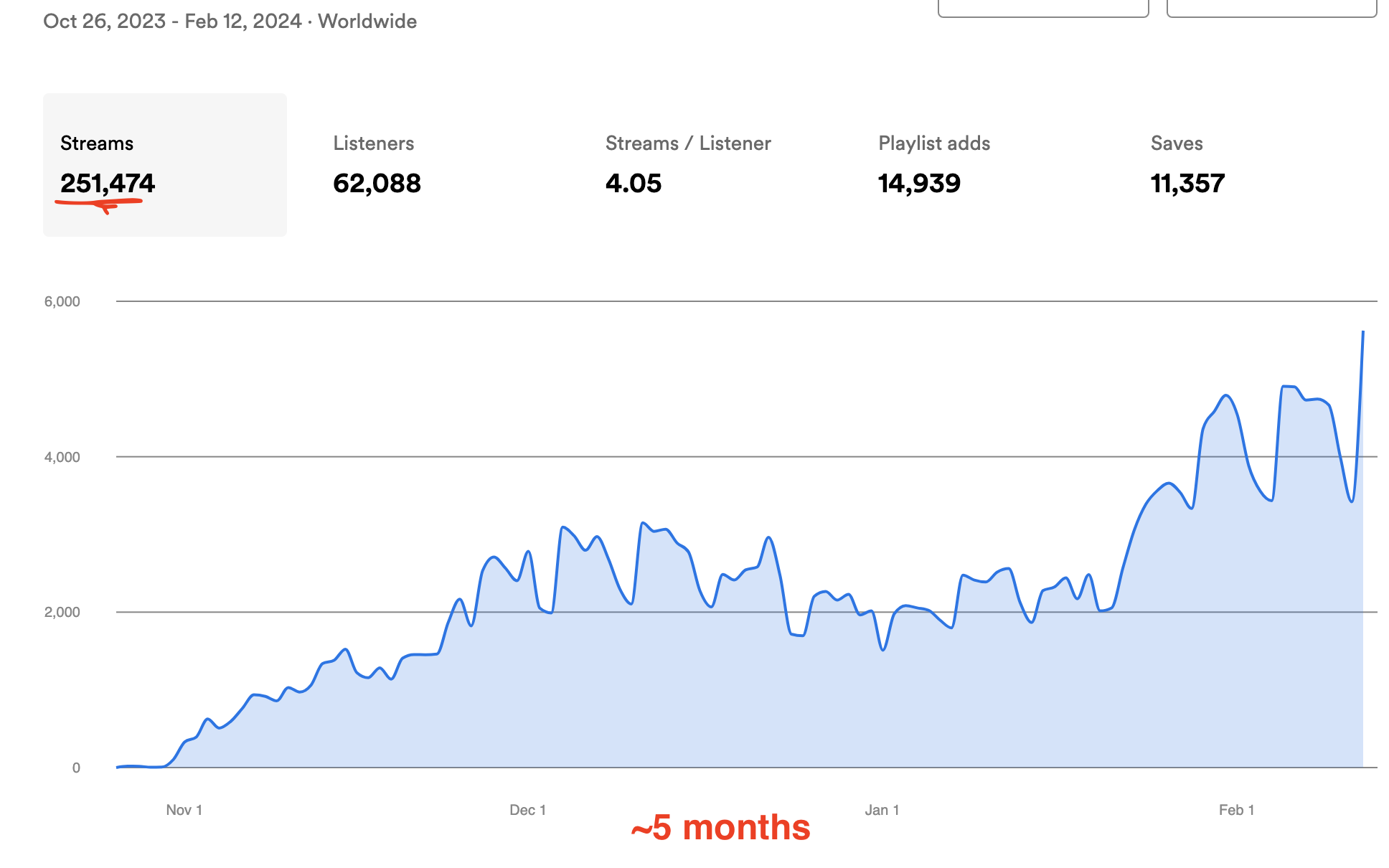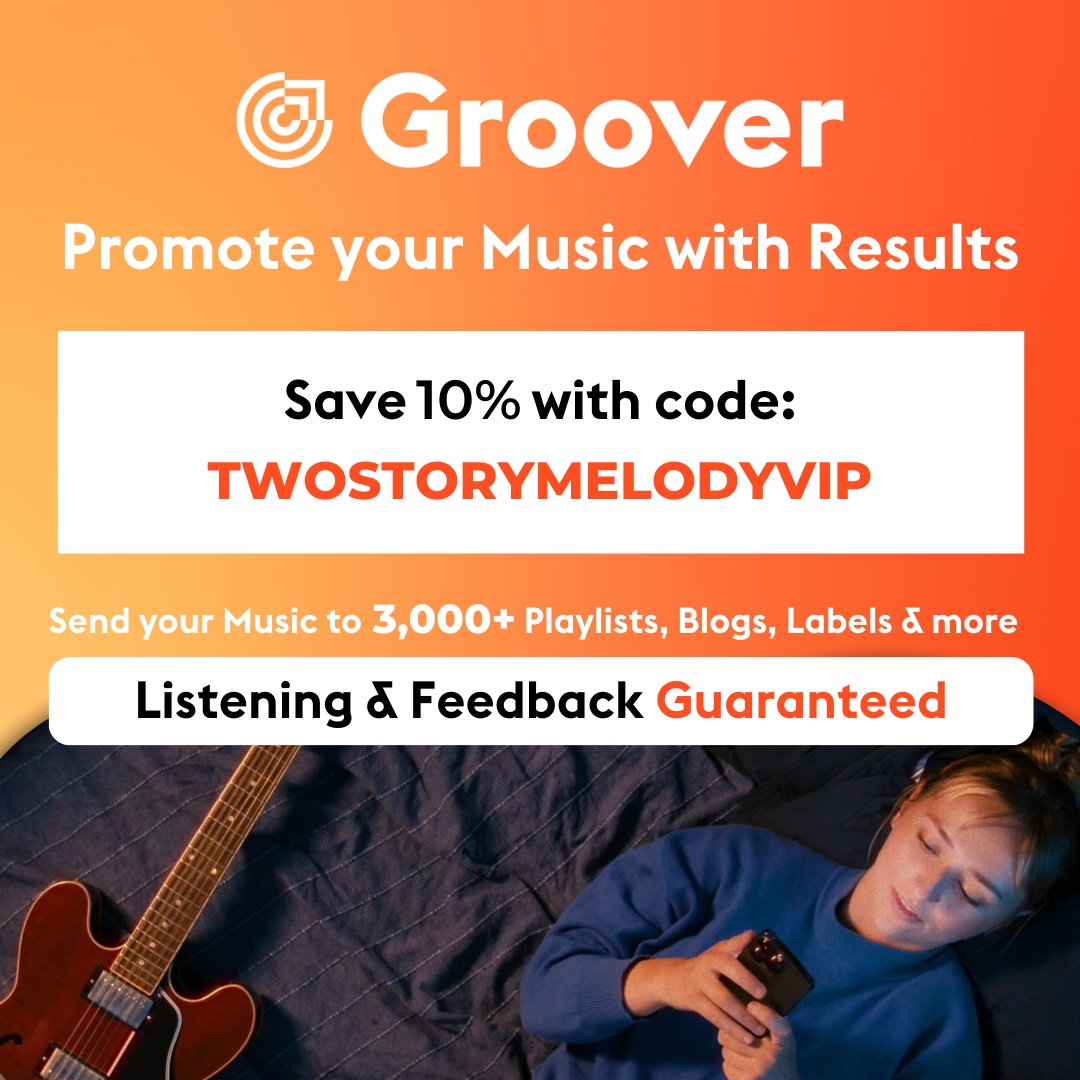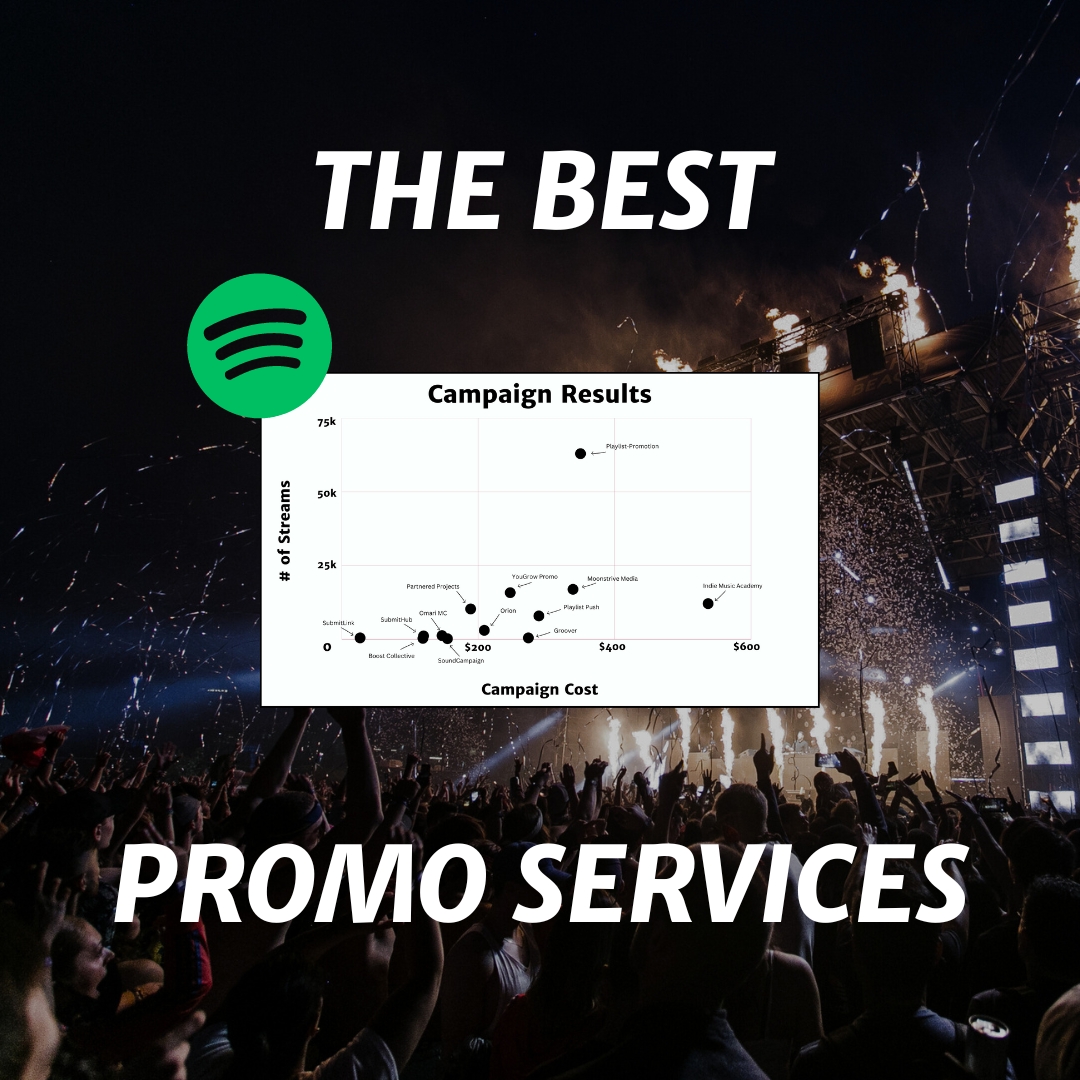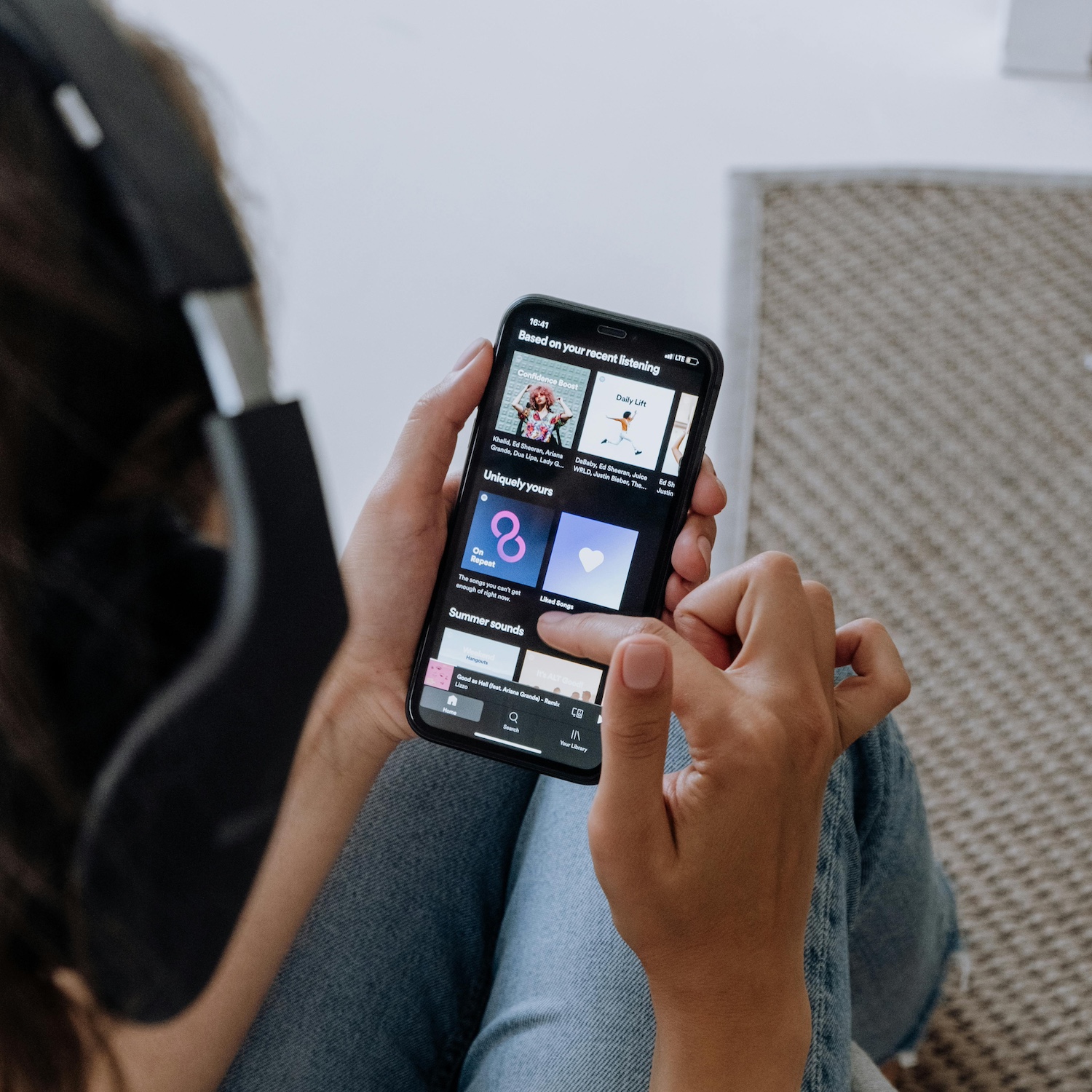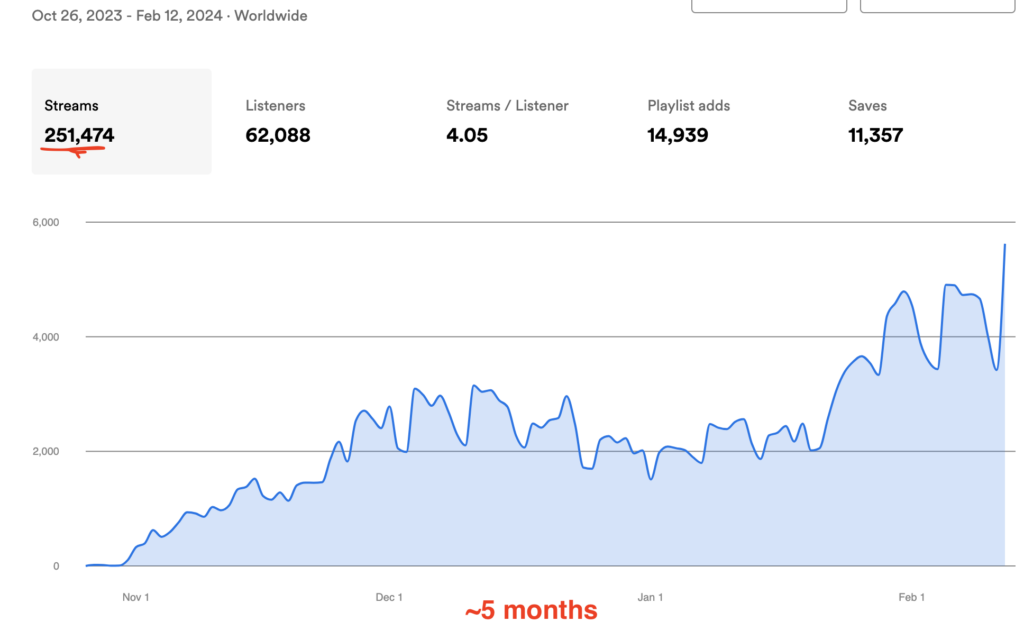Answer: Yes.
In thirty years, AI will take over the world like Skynet and all human musical artists will be replaced by a single cyborg-clone of Ed Sheeran, finally making Spotify Wrapped irrelevant.
I’m mostly kidding.
Lame jokes aside, I’m freaked out about AI, although like most people who write opinion pieces on the subject, I know next to nothing about it.
But I do have some thoughts.
Take these with a grain of salt.
1. AI has immediate creative usefulness.
I’ve been in marketing for like a decade, and I’ve heard AI thrown around as a buzzword for the entirety of that time. But before this year, all of the AI-based products I’d ever tried had left me severely underwhelmed.
And then I tried ChatGPT. And I started freaking out.
That thing’s insane. It writes like a human, only 1000x faster and with better grammar, and it doesn’t get angry when you ask it to make edits. Oh, and it can code and it knows almost everything.
If you haven’t tried it yet, you absolutely should, if only to get a feel for what’s coming next – because the truly staggering part is that this is only the very beginning. Imagine what we’ll have in 10 years.
So yeah, ChatGPT was the first tool that blew me away. It isn’t directly applicable to music creation, but it’s part of a host of AI models that are replicating creative results.
You’ve probably seen AI artwork by now, right? That stuff’s nuts. And there’s AI-created music, too.
Andrew Southworth has a really good video where he walks through a bunch of the current platforms and details how, literally today, you could use a stack of AI tools to create a song without getting any human contribution outside of a basic prompt.
- MuseNet can generate a backing track with up to 10 different instruments.
- ChatGPT can write lyrics.
- Voiceful can have an AI voice sing the lyrics.
Click a few buttons, get lyrics, a backing track, and a singer, and boom, you have a song. Sure, it probably won’t be a very good song, but the fact that this is possible right now is mind-blowing – and again, it’s only the beginning.
The takeaway: This is no longer an in-the-future thing.
It’s here.
Real companies and real artists are using this stuff right now. And it’s only going to become more pervasive.
2. Non-relational music is going to get eaten.
In the near future, I think any music that doesn’t facilitate a relationship with the artist is at risk.
In Andrew’s video, he predicts that low-level sync placements will be the first part of the industry to get hit. Right now, there are a bunch of artists making royalties from micro-sync libraries. These are places like Artlist, where you can upload your music for use in YouTube videos, small commercials, corporate videos, etc.
For some people, this can turn into a decent little revenue stream. But Andrew thinks (and I think he’s probably right) that this kind of stuff will be largely replaced by AI-generated music.
The use case is this: Say you’re making a YouTube video and you want a background track that’s lo-fi and chill with some dreamy synths.
Instead of spending an hour combing through a sync library populated with songs from indie artists, you just type the song description in, press go, and AI makes the track for you. If you don’t like it, maybe you tweak your description and hit refresh.
You get your song. And there are no royalty payouts to an artist. No other videos using your uniquely-generated track. No hassle.
We’ll see – but I think this will probably kill the micro-sync industry.
And something similar will probably happen in any context where music is used as a background noise (elevators, grocery stores, maybe even dance clubs), because it’ll be cheaper and easier to use AI music rather than paying a human.
3. AI isn’t a person.
Up to this point, I’ve painted what I see as a pretty bleak / frightening picture that could be summed up in one sentence:
“AI will replace artists.”
But I actually don’t believe that’s true, and here’s why:
For as good as it may get at replicating art, AI will never be a person.
Maybe in a few years Skynet will force me to eat these words. But, for now at least, I think that truly meaningful music can only be made by humans.
As an example, take Taylor Swift’s latest album (which I think was aggressively mediocre and just as derivative as AI art – shots fired).
Wikipedia is telling me that Midnights “opened with over 1.5 million units sold and logged the largest vinyl sales week of the 21st century.”
Why do so many people care about the songs on that record? Not because of the music – not really. They care because of the person who made the record.
I’ve preached this for years: People become fans of an artist because they relate to the artist. They see their own lives in the lyrics. They reciprocate the emotions expressed in the music. That’s what it means to make art.
Art is the communication of real, human emotion.
Put another way:
- MuseNet will never capture the relational electricity between 10 live-session musicians.
- ChatGPT will never be able to write a record about its divorce.
- An AI voice will never crack with emotion as it recites a lived-in lyric about its own childhood.
Current generative AI models are based on the amalgamation of a million different pieces of art. By their nature, they don’t have a subjective perspective. They’re predictive, not personal.
Art, on the other hand, is inherently personal. It’s the result of a unique, lived perspective. It makes relationship possible.
And so there will always be a Taylor Swift. And so there will always be a place for artists.
4. Whatever happens, making music is worth it.
I was expressing my worry over ChatGPT to Tom the other day; I’ve been kind of obsessing over how it’ll impact my business.
I don’t remember the specifics of our conversation, but I think I asked Tom something like, “If this thing can write a billion emails a day, what’s the point of me writing one email a week?”
And Tom said: “That line of thinking only makes sense if you believe the product is more important than the process.”
I’ve thought about that a lot. And I think Tom’s right.
The act of making music – the act of creating any form of art – is worthwhile in and of itself.
I mean, yeah, the product matters.
But I don’t write these posts because I’m the best writer on the planet, or because I’m the most knowledgable music marketer out there, or because nobody else could provide you with the information that I can.
A billion people are better writers. A billion people are better marketers. Wikipedia has better information.
I write these posts because they’re good for me, and because I value relationship with you, and because they build your relationship with my business.
Similarly, you don’t make music because you’re the only person who can write a song about a breakup. A billion people can write a song about a breakup.
You make music because it’s good for you, because it helps you relate to others, and because it helps you understand yourself.
So who cares that AI will soon spew out songs like cans on a Coca-Cola assembly line?
There were already a bajillion songs released on Spotify everyday, anyway. What’s a gazillion bajillion more? The mass of product doesn’t mean your song doesn’t matter.
Because it’s not just about the product. It’s about the person and the process, too.
Your music matters.
That’s all I’ve got for today.
If you have any thoughts on AI as it relates to the creative process, shoot ’em over. I’m fascinated by this stuff, and I’d love to hear your perspective.
And regardless, here’s wishing you good luck out there – and here’s hoping that in an increasingly crowded musical landscape, you find the encouragement to keep making meaningful art.
Whatever happens, it’s worth it.

